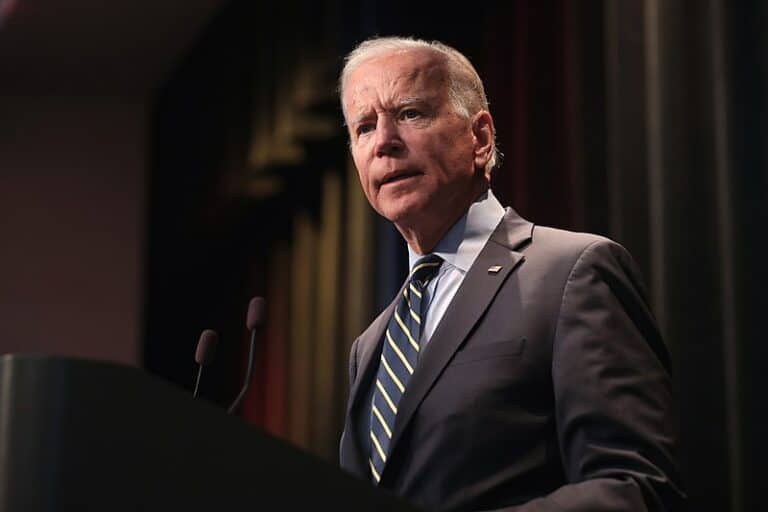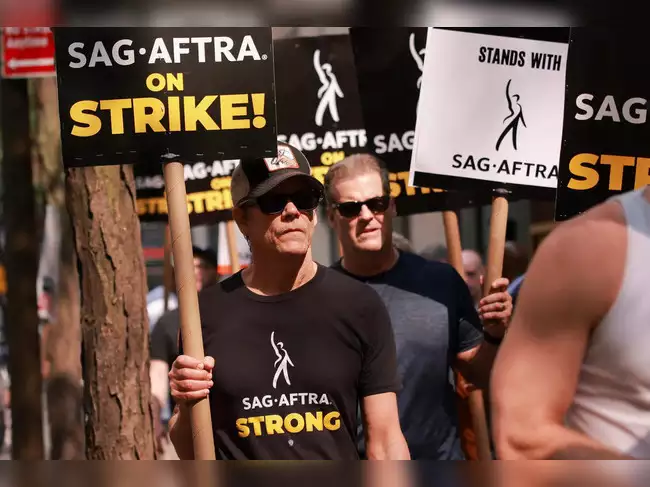
Maddie Chang is a student at Harvard Law School.
In today’s Tech@Work, a company in Finland is having incarcerated people train its AI model; and democratic lawmakers are probing tech companies that use data labeling ghost work.
As reported in WIRED this week, a Finish startup called Metroc is using prison labor to train its AI model. The startup has created a search engine aimed at helping construction companies find new building projects online. Their idea is to use a large language model to distinguish between open versus closed bids and work opportunities in online municipal documents and news articles. To do so, they need people to manually label tons of construction bid data, so that the model can “learn” to do this itself.
As we wrote about this past summer, companies like OpenAI (who makes ChatGPT) outsource this data labeling work to a company in Kenya, where English is commonly spoken and wages are comparatively low. This work has turned out to be traumatizing, exploitative, and highly underpaid, and workers have been organizing to change working conditions, and have brought litigation against both the local and American companies. As the WIRED article points out, it is likely that the Finnish startup has looked to incarcerated people within Finland because very few people outside Finland speak Finnish. While the content of the data labeling is not traumatizing in the same way that the ChatGPT labeling work is, the fact of Metroc using people in prison to do this work speaks to its low-paying and potentially exploitative nature. Some say this work is a good alternative to other jobs available in prison. Others quoted in the article worry it offers no skill building opportunity. In any case, the use of prison labor in this instance highlights a more general phenomenon wherein technology that is automated on the surface requires large amounts of human labor behind the scenes. This “out of sight” element may only increase the risk of exploitative conditions or dynamics.
Responding to this general phenomenon of exploitative labor behind AI, Bloomberg reported last week that Representative Pramila Jayapal (WA-07) and Senator Ed Markey (D-Mass.) have written a letter to nine tech companies asking for transparency around the conditions of workers similar to those in Finland in Kenya. They characterize the situation as one in which workers “are often paid low wages and provided no benefits but keep AI products online by completing tasks such as labeling training data and rating chatbot responses for accuracy and safety.” The letter, which was signed by Senators Bernie Sanders (I-Vt.), Ron Wyden (D-Ore.), and Elizabeth Warren (D-Mass.) and Representatives Jamaal Bowman (NY-16), Katie Porter (CA-47), and Mark Pocan (WI-02), states that “tech companies must not build AI on the backs of exploited workers.”










Daily News & Commentary
Start your day with our roundup of the latest labor developments. See all
February 24
In today’s news and commentary, the NLRB uses the Obama-era Browning-Ferris standard, a fired National Park ranger sues the Department of Interior and the National Park Service, the NLRB closes out Amazon’s labor dispute on Staten Island, and OIRA signals changes to the Biden-era independent contractor rule. The NLRB ruled that Browning-Ferris Industries jointly employed […]
February 23
In today’s news and commentary, the Trump administration proposes a rule limiting employment authorization for asylum seekers and Matt Bruenig introduces a new LLM tool analyzing employer rules under Stericycle. Law360 reports that the Trump administration proposed a rule on Friday that would change the employment authorization process for asylum seekers. Under the proposed rule, […]
February 22
A petition for certiorari in Bivens v. Zep, New York nurses end their historic six-week-strike, and Professor Block argues for just cause protections in New York City.
February 20
An analysis of the Board's decisions since regaining a quorum; 5th Circuit dissent criticizes Wright Line, Thryv.
February 19
Union membership increases slightly; Washington farmworker bill fails to make it out of committee; and unions in Argentina are on strike protesting President Milei’s labor reform bill.
February 18
A ruling against forced labor in CO prisons; business coalition lacks standing to challenge captive audience ban; labor unions to participate in rent strike in MN